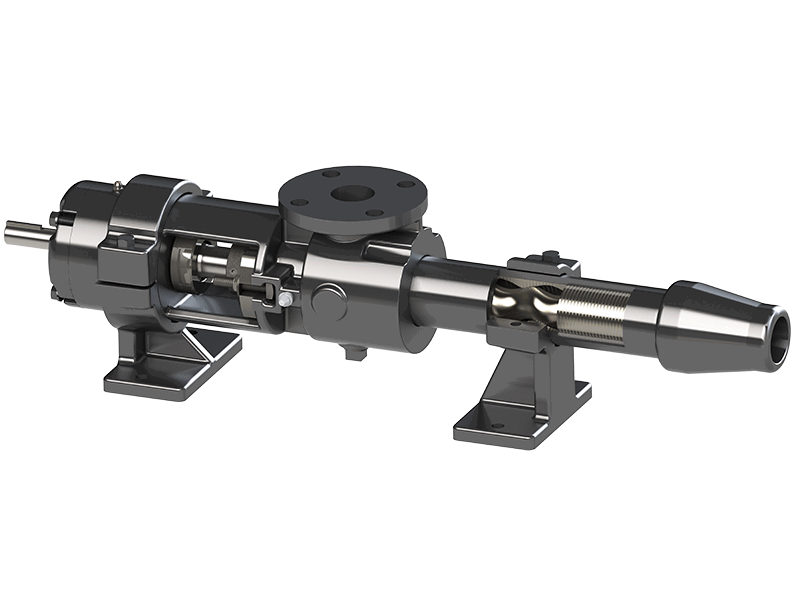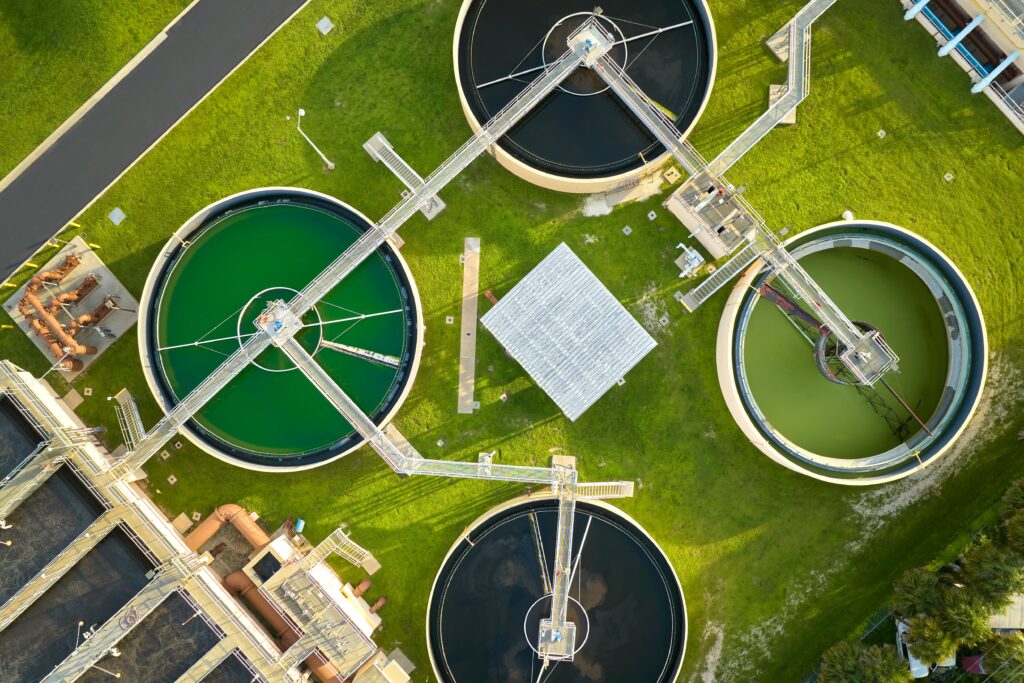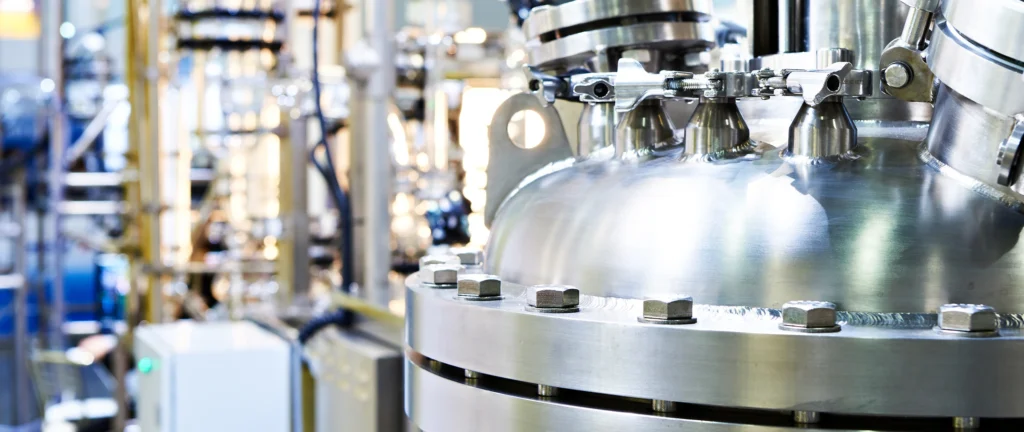In the world of fluid transfer, the need for consistency, precision, and reliability is paramount. Whether you’re dealing with viscous liquids, sensitive compounds, or abrasive slurries, the choice of pump can make or break your process. Enter the progressive cavity pump—a mechanical marvel that has revolutionized how industries handle fluids with varying consistencies.
Used across sectors ranging from food processing to petroleum and wastewater treatment, this pump type offers unique advantages that traditional pumps often can’t match. In this article, we’ll explore what a progressive cavity pump is, how it works, and why it’s considered essential in a variety of fluid-handling applications.

What Is a Progressive Cavity Pump?
At its core, a progressive cavity pump is a type of positive displacement pump designed to handle fluids of all types, including thick, shear-sensitive, or abrasive materials. Unlike centrifugal pumps that use spinning impellers, progressive cavity pumps operate through a rotor-stator mechanism that forms a series of sealed cavities to move liquid from the suction to the discharge end in a smooth, progressive flow.
Key Components:
- Rotor: A helical metal shaft that spins within the stator.
- Stator: A molded elastomer sleeve that pairs with the rotor to form cavities.
- Drive Shaft and Motor: Provide the rotational force necessary for fluid movement.
Each turn of the rotor pushes the liquid forward without pulsation or turbulence, making it ideal for delicate fluids or applications where maintaining product integrity is crucial.
How Does a Progressive Cavity Pump Work?
The operation is both simple and ingenious. As the rotor turns inside the stator, cavities form between the two components. These cavities are tightly sealed and move from one end of the pump to the other, effectively “squeezing” the fluid forward in a consistent stream.
This design ensures a constant flow regardless of the pressure, making it especially beneficial for dosing, metering, or moving viscous materials like oil, sludge, or even peanut butter. It’s also self-priming and capable of handling solids, making it versatile across numerous industries.
The Role of Progressive Cavity Pumps in Various Industries
The versatility of these pumps means they’re used in an impressive range of industries. Below are just a few examples of how they serve critical roles:

1. Oil and Gas
In the petroleum sector, progressive cavity pumps are commonly used to transport crude oil, drilling mud, and even for artificial lift systems in oil wells. They can also serve as lube oil pumps, ensuring consistent lubrication of mechanical systems under high-pressure or temperature conditions.

2. Food and Beverage
These pumps are ideal for handling shear-sensitive fluids such as yogurt, dough, sauces, and syrups. Because of their gentle, non-pulsing movement, they preserve the texture and quality of the food.

3. Wastewater Treatment
Progressive cavity pumps are highly effective in managing sludge, biosolids, and other abrasive mixtures found in water treatment facilities.

4. Chemical Processing
In industries where exact dosing and chemical integrity are crucial, these pumps shine by providing precision, control, and resistance to corrosion.
Why Are Progressive Cavity Pumps Essential?
The importance of progressive cavity pumps lies in the unique advantages they offer. Let’s explore why they’re often chosen over other pump types:
- Constant, Non-Pulsating Flow – Unlike centrifugal pumps that can cause turbulence and air entrainment, progressive cavity pumps deliver a steady, uninterrupted flow. This is critical in applications like metering or chemical dosing, where accuracy is non-negotiable.
- Handles Viscous and Abrasive Fluids – Whether it’s a slurry full of grit or a thick lubricant, these pumps handle difficult fluids with ease. Their design allows for the passage of solids without clogging or losing performance.
- Self-Priming Capability – Progressive cavity pumps can self-prime even at low speeds, which makes them suitable for applications where suction lift is needed.
- Low Shear Action – This makes them ideal for delicate fluids that need to retain their structural integrity—perfect for biotech, food, and cosmetic applications.
- Versatility Across Conditions – From high pressure to high temperature, from clean liquids to abrasive sludge, these pumps adapt to demanding environments without missing a beat.
Lube Oil Pumps: A Critical Application
One significant use of progressive cavity pumps is as lube oil pumps. In machinery, especially large-scale industrial equipment, maintaining proper lubrication is essential to avoid breakdowns, reduce wear, and extend the life of components.
These pumps:
- Deliver consistent lubrication regardless of system pressure.
- Handle oils of varying viscosities, including synthetic or mineral oils.
- Operate reliably under extreme temperature conditions.
In manufacturing plants, power stations, and heavy machinery setups, using a progressive cavity pump as a lube oil solution ensures operational continuity and reduces maintenance downtime.
Choosing the Right Progressive Cavity Pump
If you’re considering integrating this pump into your fluid-handling system, here are a few things to keep in mind:
Fluid Characteristics
Understand the viscosity, abrasiveness, and flow rate of the fluid. This will determine the materials needed for the rotor and stator.
Operating Environment
Take into account the temperature, pressure, and possible chemical exposure. Choose a pump designed to withstand your system’s demands.
Maintenance Needs
Look for pump models that offer easy access to internal parts for cleaning and maintenance. Some designs even allow for stator replacement without dismantling the entire pump.
Service Support
Choose a supplier that offers good technical support, spare parts availability, and clear installation guides.
Progressive cavity pumps have proven themselves indispensable in a world where fluid dynamics vary widely from one application to the next. Whether it’s keeping food products silky smooth or ensuring oil rigs stay operational, these pumps offer a level of precision and reliability that’s hard to match.
As industries continue to demand smarter, more efficient systems, the role of the progressive cavity pump will only grow.
And for specialized tasks like lube oil pumps, where performance and reliability are non-negotiable, these devices are a go-to solution for engineers and plant managers alike.
So, if you’re exploring options for better fluid handling, it’s worth taking a closer look at how a progressive cavity pump can streamline your operations—delivering not just flow, but performance, control, and peace of mind.


